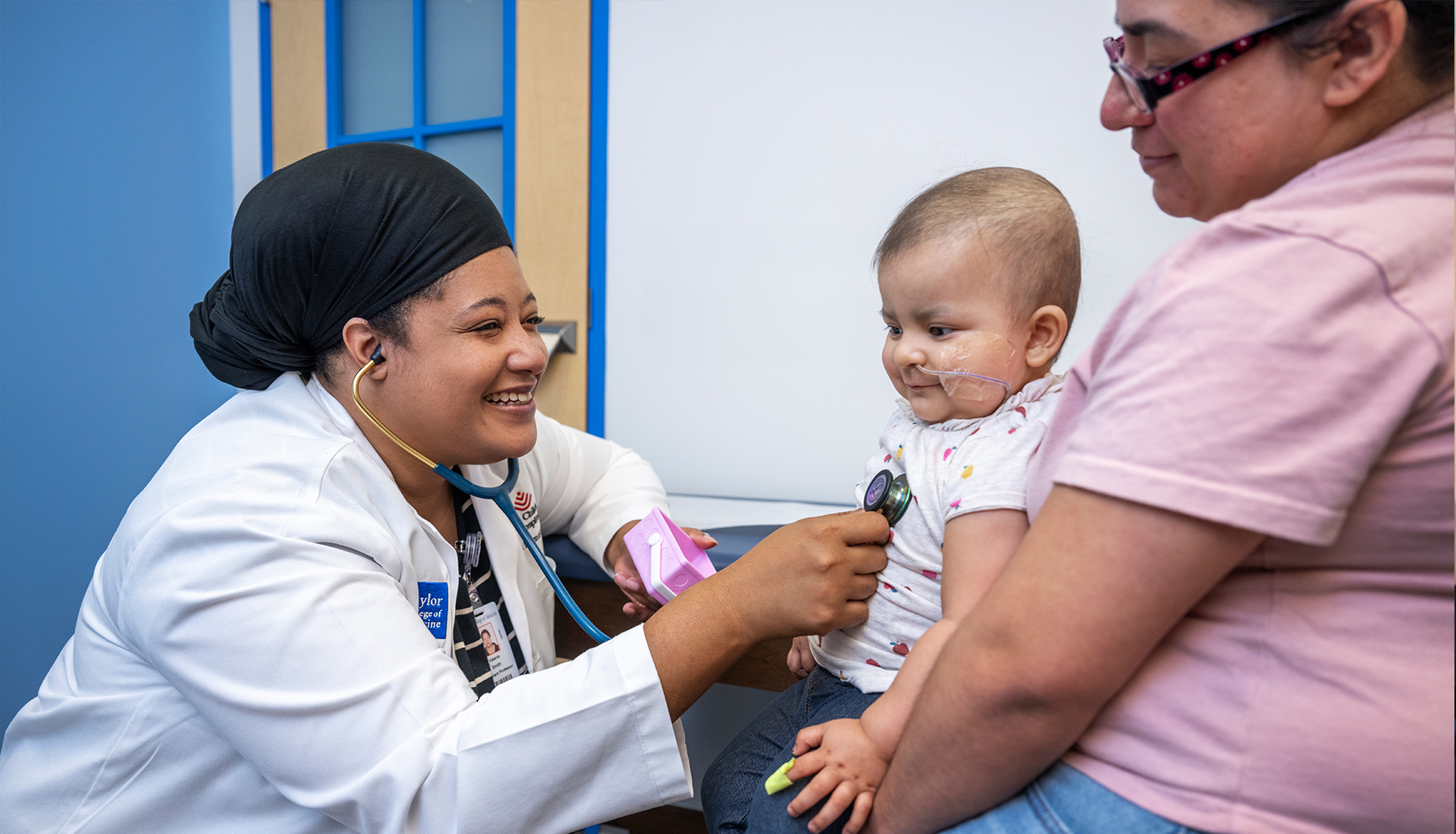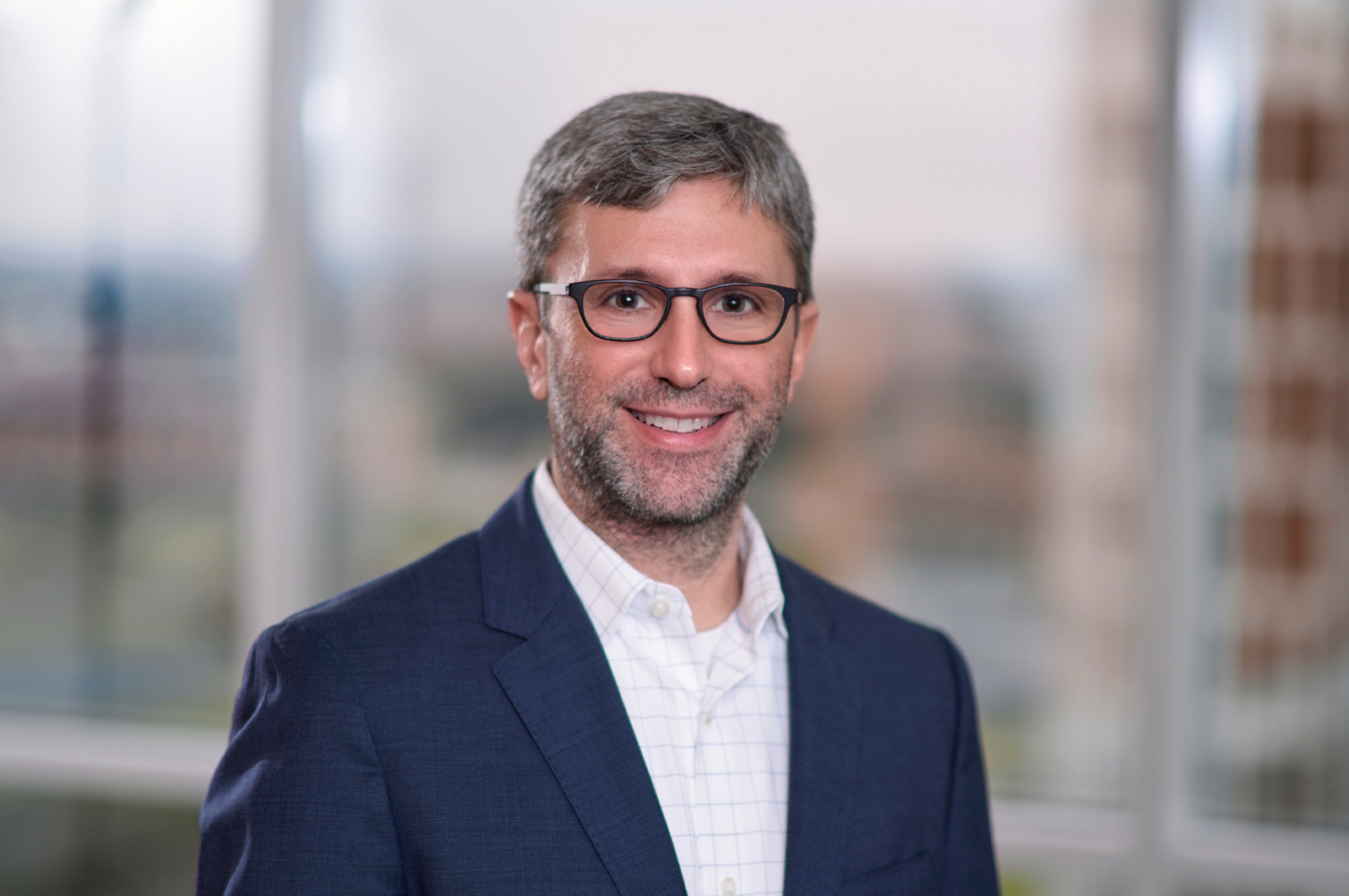

Although great strides have been made in treating certain pediatric cancers, survivors are at lifelong risk for developing adverse outcomes related to their diagnosis and the therapy they received. In fact, within 20 years of completing their cancer treatment, one-third of survivors develop a severe or life-threatening health condition that can impact their quality of life. Survivors are also more likely to experience financial problems, lower educational attainment, unemployment and underinsured status compared to their peers.
Among children who are diagnosed with cancer, certain populations are at higher risk for developing complications during and after treatment. Hispanic children tend to experience higher rates of negative outcomes, including immediate and specific acute toxicities and late effects following treatment. Yet, few childhood cancer studies examine these outcome differences in diverse populations, resulting in a limited understanding of the short- and long-term outcomes of cancer treatment among Hispanic patients.
In 2016, Texas Children’s Hospital established ACCESS (Adolescent and Childhood Cancer Epidemiology and Susceptibility Service) to lead population studies related to childhood cancer. With financial support from the Cancer Prevention and Research Institute of Texas (CPRIT), ACCESS is implemented statewide and includes eight partner institutions.

Two studies associated with ACCESS are at the forefront of exploring ethnic disparities in outcomes during cancer treatment and survivorship: REDIAL (Reducing Ethnic Disparities in Acute Leukemia) and SALUD (Survivorship and Access to care for Latinos to Understand and address Disparities). Both studies receive funding from the National Cancer Institute (NCI).
“The risk for later effects is related to the treatment that a child received for their cancer diagnosis,” said Maria Gramatges, MD, PhD, Co-Leader/Multiple Principal Investigator (MPI) of the SALUD study and Associate Chief of Oncology, Division of Hematology and Oncology at Texas Children’s. “However, other factors that may contribute to that risk, such as the patient’s background, are not taken into consideration. A better understanding of factors that affect specific populations could inform how we approach treatment and how we screen for late effects. Based on what we learn in these studies, we anticipate a more personalized approach to cancer treatment that is most effective and has the least complications for as many patients as possible.”

Philip Lupo, PhD, MPH, Co-Leader/MPI for the REDIAL study and Director of the Epidemiology and Population Sciences Program at Texas Children’s Cancer and Hematology Center added that in most pediatric cancer studies, 15 to 20% of patients are Hispanics. “In most survivorship studies,” he said, “that number falls to 10% or less. Historically, there’s been a real deficit in our understanding of this population.”
Echoing this sentiment is Michael Scheurer, PhD, MPH, FACE, Co-Leader/MPI for the SALUD study. “Existing survivor cohorts are 90% Caucasian,” he said. “Research that incorporates meaningful participation of the Hispanic pediatric population has not yet been done. We realize there are differences in their disease, how they’re treated and their lived experience after diagnosis and treatment. This is a growing part of our population and we need to do a better job understanding their needs.”
Dr. Scheurer also serves as Chair of Pediatric Cancer Epidemiology and Director of the Center for Epidemiology and Population Health at Texas Children’s Cancer Center and Associate Director for Excellence in Cancer Equity at Baylor’s Dan L. Duncan Comprehensive Cancer Center.

Leukemia is the most common type of pediatric cancer, accounting for about one-third of all diagnoses in children. Of these cases, three-fourths are acute lymphoblastic leukemia (ALL), a type of cancer in which the bone marrow makes too many immature white blood cells (lymphoblasts), leading to overcrowding of normal blood cells and causing symptoms like fatigue, infection and bleeding.
Hispanics have a higher risk of ALL, along with poorer outcomes due to increased risk of relapse and treatment-related toxicities. Hispanics disproportionately experience hepatotoxicity (injury to the liver) and neurotoxicity (injury to neurological systems, namely the brain). These toxicities can limit treatment options, including the type and dosage of chemotherapy patients can receive, which can have a downstream impact on relapse and mortality rates. Yet, ALL is generally one of the most treatable types of pediatric cancer, making it especially critical that clinicians and researchers determine how to close the gap between Hispanics and other pediatric patient populations and improve outcomes.
The underlying causes for these ethnic disparities may be attributed to environmental factors, social/behavioral components such as obesity or limited health care access, socioeconomic status and differences in tumor and host biology. However, patients’ biological factors are less understood. All factors need further study.
“Genetic markers certainly can impact toxicities, particularly neurotoxicity, said Karen Rabin, MD, PhD, Co-Leader/MPI for the REDIAL study and Leukemia Program Director in the Division of Hematology and Oncology, Department of Pediatrics. “The REDIAL study team was among the first to demonstrate that Hispanic children have a higher frequency of neurotoxicity. The challenge is trying to identify these genetic markers in advance to potentially modify treatment and reduce complications.”
“We know that minimal residual disease (MRD) in patients’ bone marrow is the most important predictor of ALL relapse,” she added. “However, about half of ALL relapses occur in patients who are MRD negative – and many of them are Hispanic. What other biological factors influence this?”
Initiated in July 2017, the Texas Children’s REDIAL study is tackling outcome disparities according to ethnicity by generating an unmatched repository of clinical information and biological samples for analysis. Research coordinators collect samples of patients’ saliva, blood, plasma and cerebrospinal fluid, and gather information from patients about their diagnosis, treatment course, complications during each phase of treatment, demographics and residential circumstances. Following data collection, the team conducts an integrated assessment of the role these contributors play in toxicity.
Ultimately, this information will be used to better predict which children will have the greatest risk of toxicities and relapse to improve prevention, treatment strategies and prognoses. Specifically, the study aims to:
A range of clinicians, including pediatric oncologists, psychologists, epidemiologists, pharmacologists and biostatisticians, contribute to this work.
Open to all pediatric cancer patients, the study sites have been strategically selected for their large and growing Hispanic population to enable investigators to capture more data on this traditionally underrepresented group. The six study sites — which include Texas Children’s in the Texas Medical Center and Texas Children’s Vannie Cook Children’s Clinic in McAllen, Texas — are located across the southwestern U.S.
In total, the study has enrolled approximately 6,900 pediatric leukemia patients and survivors — 5,500 who were previously enrolled in ACCESS and nearly 1,400 since the start of the REDIAL study.
The SALUD study focuses on survivorship and includes all cancer types, not just leukemia. Its purpose is to investigate adverse side effects of childhood cancer and identify potential educational and sociodemographic barriers to obtaining long-term survivorship care.
The study deliberately includes a diverse range of ethnic groups to capture data on historically underrepresented populations, such as Hispanics, who experience elevated incidences of many cancers with poorer outcomes but are often left out of research.
“We know that Hispanics are at greater risk for being impacted by social determinants of health, but this is only part of the story,” Dr. Gramatges said. “What we’re doing is broadly assessing a number of factors we anticipate will impact survivorship outcomes, teasing out risk factors and characterizing new outcomes, and pulling it all into a bigger picture within the context of cancer diagnosis and treatment.”
The focus on many different types of cancer is an important differentiator for the SALUD study.

“For example, the inclusion of brain tumor patients in the SALUD study is unique,” said Lisa Kahalley, PhD, Co-Leader/MPI of the SALUD study and Associate Chief of Research in the Division of Psychology, Department of Pediatrics. “These patients are especially vulnerable to cognitive impairment resulting from treatment but are typically underrepresented in survivor cohorts, so we know less about their toxicities.”
The longitudinal nature of the study enables clinicians and researchers to obtain a comprehensive picture of the cancer spectrum from diagnosis to the appearance of side effects and the post-treatment period, including those early years immediately following treatment that have never been studied before in a diverse population. Most survivorship studies evaluate patients years after treatment.
“We are able to capture what’s going on with patients as it happens in their own voice, over time, which is important,” Dr. Kahalley said.
The NCI approved an initial six-year grant for the SALUD study in 2021, and the research team hopes to renew funding beyond that initial period. Approximately 3,500 patients have enrolled in the study, including 1,000 patients who were previously enrolled in ACCESS. The SALUD study uses the same testing sites as the REDIAL study, and collects similar data and samples from patients.
Furthermore, psychologists lead focus groups to learn more about the lived experience of pediatric cancer survivors and what influences their engagement in their survivorship care. A clear finding has emerged so far from these focus groups: pediatric cancer survivors want education on how to live full, healthy lives that is both user friendly and easily accessible. From information gleaned during these sessions, the SALUD team has created short animated videos covering topics that patients deemed of interest to them, such as chronic pain management, risk for secondary cancers, cardiovascular effects and healthy lifestyles and behaviors. These short animated videos will be available in English and Spanish on a website designed for pediatric cancer survivors: cancersurvivor.passportforcare.org.
For Dr. Gramatges and the rest of the team, their work is all part of a lifetime obligation to these patients.
“We want to be at the forefront of cancer disparity research not only to improve outcomes for all patients but also because of our commitment to patients’ lifelong care,” she said. “Their cancer fight doesn’t necessarily end when they ring the bell at the end of treatment — for survivorship care, it’s just the beginning.”